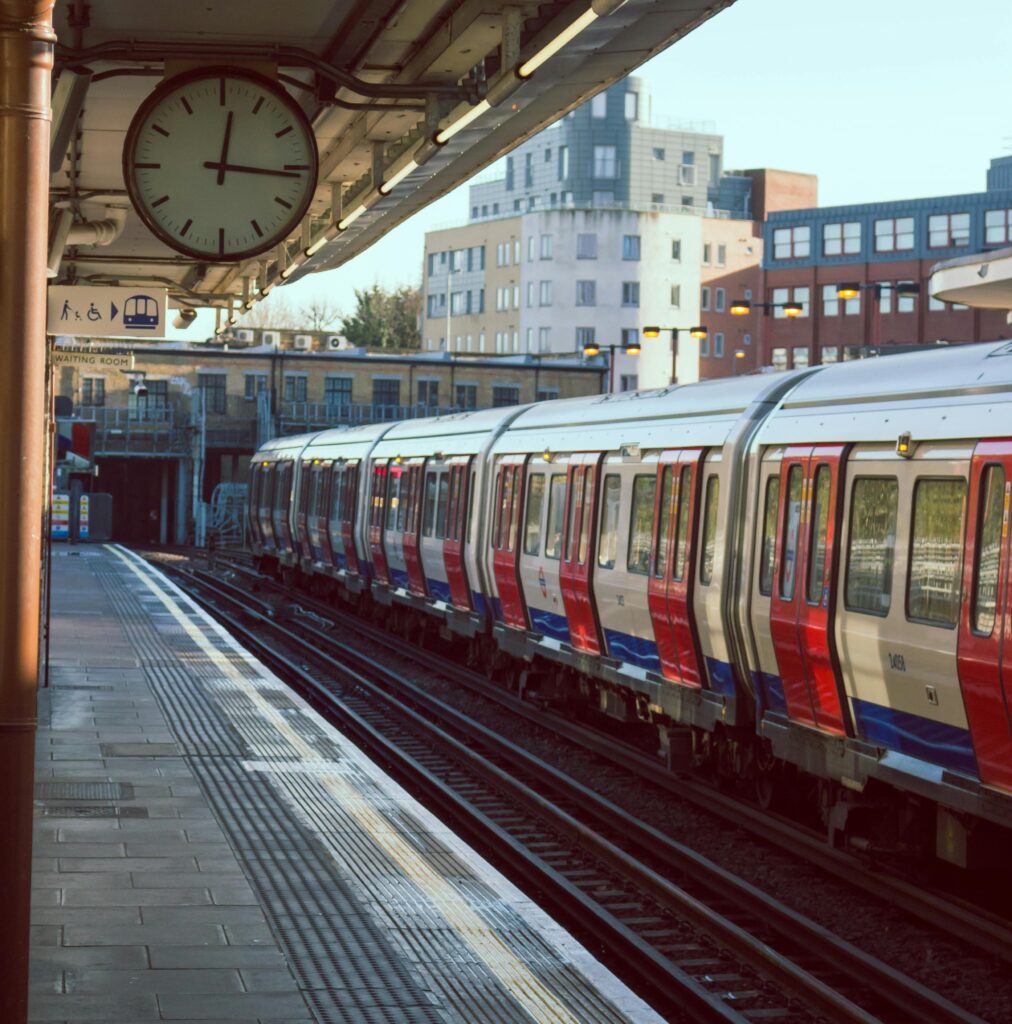On December 8, 2024, the UK’s rail network faced a widespread disruption due to a fault in Network Rail’s GSM-R communication system. While much of the country grappled with delays and cancellations, Scotland’s ScotRail services emerged as a silver lining, experiencing only minor setbacks. Here’s a closer look at what happened, how it was managed, and what passengers need to know.

ScotRail’s Resilience Amid Disruption
Despite the nationwide communication glitch, ScotRail services in Scotland operated with remarkable normalcy. According to ScotRail spokesperson Paul McKay:
“ScotRail services are operating well, with some minor delays in places.”
Passengers in Scotland were advised to check their routes before traveling, but the fault had no impact on train safety. This proactive communication helped keep ScotRail’s operations on track while providing reassurance to passengers.
What is GSM-R and Why is it Crucial?
The Global System for Mobile Communications – Railway (GSM-R) is a digital communication network used to ensure seamless and secure communication between train drivers and signallers. It’s vital for:
- Train safety: Allowing signallers to communicate warnings or changes in real-time.
- Efficiency: Helping to manage train movements and prevent delays under normal conditions.
When GSM-R encounters a fault, train operations may slow or halt to avoid safety risks. This was the root cause of the nationwide delays.

Network Rail’s Immediate Action Plan
Network Rail, responsible for maintaining the GSM-R system, quickly launched an investigation to resolve the fault. In the meantime, they implemented contingency measures to mitigate the impact on passengers. These steps included re-routing trains where possible and closely monitoring traffic flow to ensure safety.
Passengers across the UK were encouraged to check the status of their services via live journey updates available on Network Rail’s website or their train operator’s app.
Passenger Guidance in Scotland
In Scotland, ScotRail’s app and official channels remained the go-to sources for real-time updates. However, a minor issue affecting some journey searches on the app was flagged and promptly addressed by ScotRail’s provider.
Pro tip for passengers: If you’re planning a journey during any disruption, always cross-reference information across multiple official sources to ensure you have the most accurate updates.
Broader Impact Across the UK
While Scotland largely avoided the worst of the GSM-R system fault, other regions of the UK were significantly affected, with widespread delays and cancellations. Passengers across England and Wales faced longer waiting times and were advised to check with their respective train operators for the latest travel information.

FAQs: All You Need to Know About the Rail Disruption
1. What caused the nationwide rail delays?
A fault in Network Rail’s GSM-R system, which facilitates secure communication between train drivers and signallers, led to the disruptions.
2. Why was ScotRail less affected?
ScotRail’s services operated with minimal delays, possibly due to contingency measures and the regional setup of rail operations in Scotland.
3. How can passengers check their train status?
Passengers should check live journey updates via the Network Rail website, ScotRail app, or official train operator websites before traveling.
4. Is the GSM-R system safe?
Yes, the GSM-R system is designed to prioritize safety. In the event of a fault, operations are slowed or halted to prevent accidents.
5. What actions did Network Rail take?
Network Rail launched an investigation, implemented interim measures to manage passenger disruptions, and worked to restore the GSM-R system.
Final Thoughts
The UK rail disruption highlighted the importance of robust communication systems in ensuring the smooth functioning of public transport. ScotRail’s resilience during the GSM-R fault showcased the effectiveness of proactive management and passenger communication.
For passengers, staying informed through official channels is key to navigating such disruptions with minimal stress. Keep checking updates and, as always, plan ahead to make your journey as smooth as possible.
Stay safe and happy traveling!
Sources BBC


